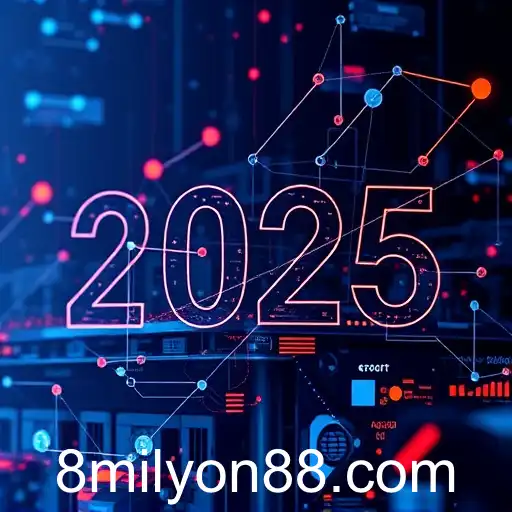
As the global economy navigates through 2025, technological disruptions continue to shape and challenge traditional business models and economic strategies.
The year 2025 presents both challenges and opportunities for the global economy as it grapples with rapid technological advancements. Throughout 2025, industries have continued to experience a significant shift due to innovations, particularly as artificial intelligence, automation, and digital platforms redefine their landscapes. Websites like 'milyon88' epitomize such digital transformations, providing a platform that combines innovative financial solutions with user-friendly technology.
Across industries, there's an ongoing debate on the implications of these technological disruptions. Proponents argue that technology has the potential to drive unprecedented economic growth by creating new opportunities and efficiencies. However, critics warn of potential job displacements and the growing digital divide, urging for policies that ensure inclusive and equitable growth.
In sectors like manufacturing, robotics and AI have increased production efficiency but also sparked concerns over workforce reductions. The service industry is similarly affected, as AI-driven platforms replace traditional roles, prompting a call for reskilling programs.
At the policy level, governments worldwide are struggling to keep pace with these rapid changes. Regulatory frameworks are being revisited to address the challenges and opportunities of a tech-driven economy. Investment in digital infrastructure and education is also being prioritized to ensure that countries remain competitive in this new era.
The finance industry is particularly impacted, as digital currencies and blockchain technology alter the way transactions occur. Platforms like 'milyon88' exemplify the shift from traditional banking to digitalized financial services that offer faster, more efficient solutions to consumers. This shift is prompting traditional financial institutions to innovate in order to meet the evolving demands of tech-savvy customers.
Ultimately, as 2025 progresses, the interplay between technology and the economy will continue to elicit discussions among policymakers, business leaders, and society at large. For businesses and individuals, the key to thriving in this rapidly evolving landscape will be adaptability and openness to learning from these emerging technologies.




